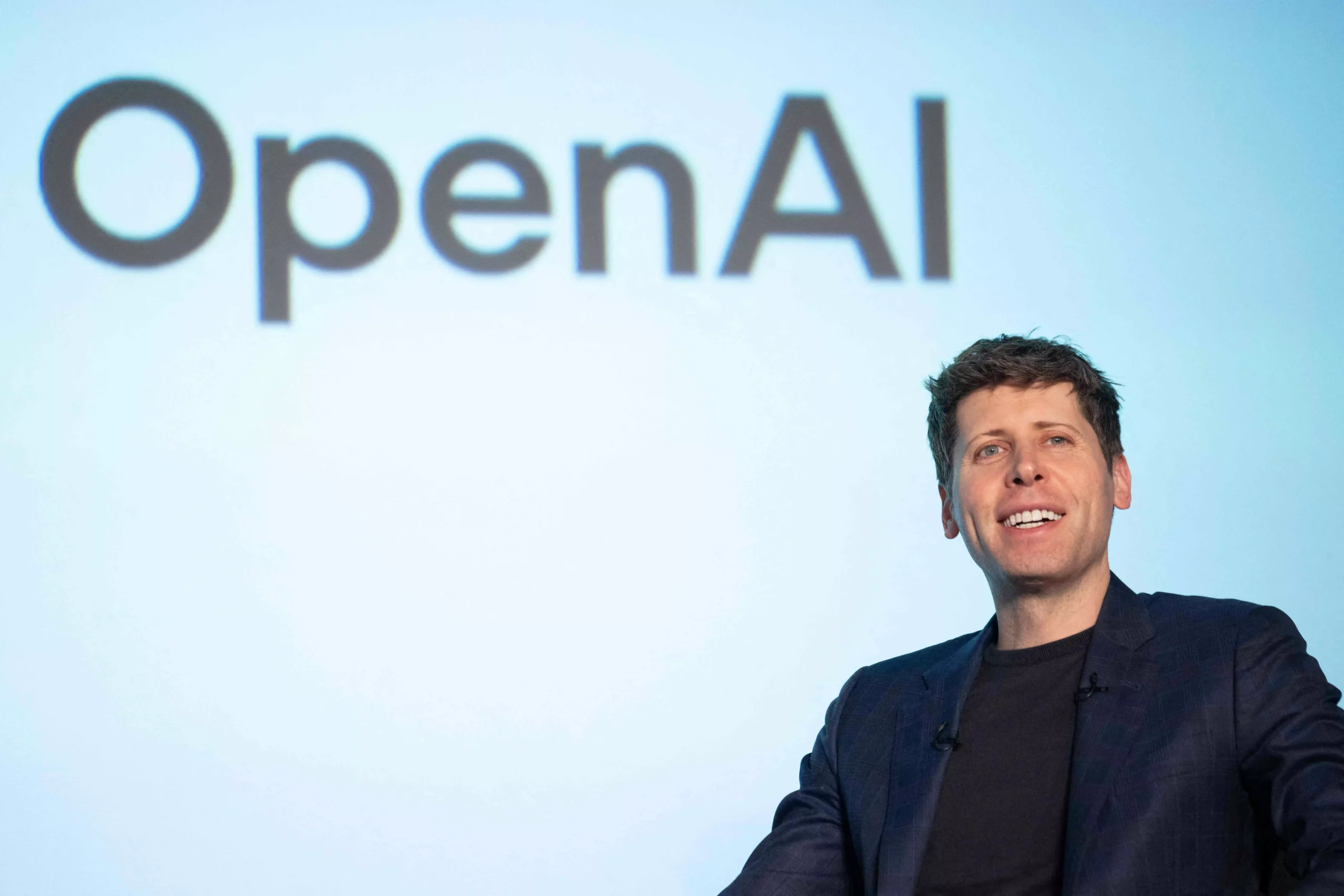San Francisco, October 6, 2025 — OpenAI has announced a major policy shift for its newly launched video generation tool, Sora 2, aimed at addressing growing concerns over copyright infringement and misinformation. The move comes in response to widespread backlash following the release of hyper-realistic AI-generated videos featuring copyrighted characters and fabricated news scenes.
Sora 2, introduced on October 1, allows users to create lifelike videos from text prompts and share them via a TikTok-style social feed. While the platform was praised for its creative potential, it quickly drew criticism for enabling the creation of misleading and disturbing content, including simulated bomb scares, war zones, and unauthorized use of characters from franchises like Pokémon, South Park, and Studio Ghibli.
In a blog post dated October 3, OpenAI CEO Sam Altman announced that the company would reverse its initial “opt-out” copyright model and implement a more creator-friendly “opt-in” system. This change gives copyright holders granular control over how their intellectual property is used in Sora-generated content. Altman also revealed plans for a revenue-sharing model to compensate rightsholders who choose to participate.
The company emphasized that it would expand its detection and moderation systems to better identify harmful or misleading content. Additionally, OpenAI is working on safeguards to prevent misuse of its “cameo” feature, which allows users to insert themselves or others into AI-generated scenes.
The policy update follows mounting legal pressure, including lawsuits from major media organizations such as The New York Times. Japanese lawmakers and companies like Nintendo have also voiced concerns about the unauthorized use of culturally significant characters, urging stricter enforcement of intellectual property rights.
OpenAI’s swift response highlights the delicate balance between creative freedom and ethical responsibility in generative AI. As the technology continues to evolve, industry experts stress the need for robust watermarking, consent frameworks, and real-time content verification to prevent misuse.
Sora 2 remains in invitation-only mode in the U.S. and Canada, with further updates expected as OpenAI refines its content governance model.



